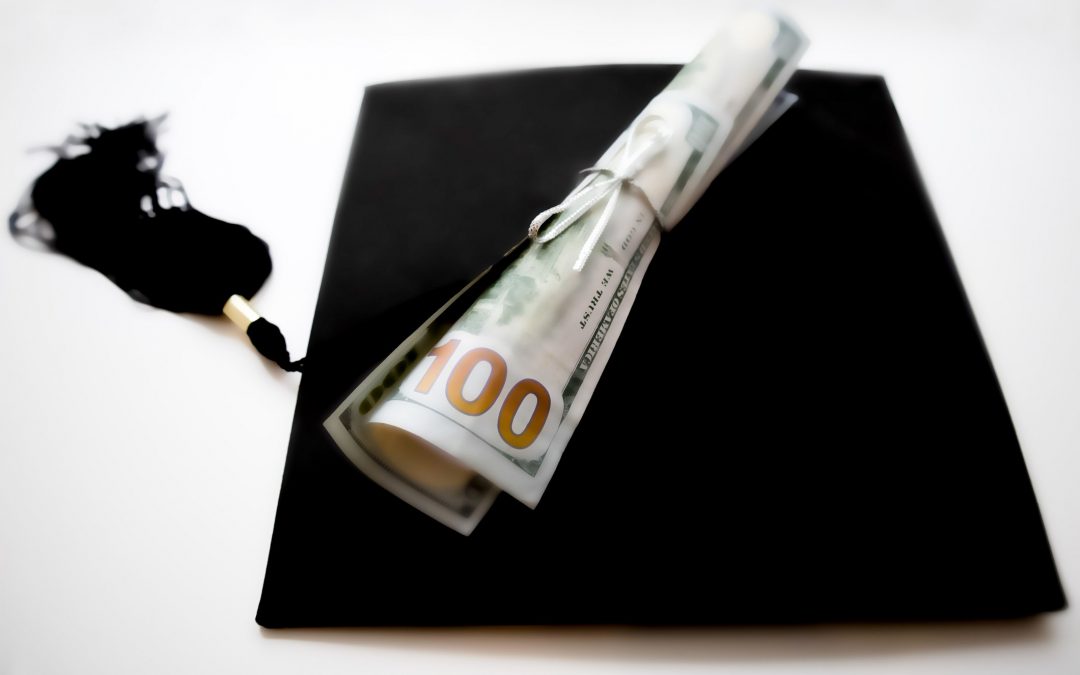Grades in law school are extremely important since they are the most critical factor when law graduates search for jobs upon entering the legal profession. Most law schools have grading curves, which can be unforgiving, as a law student’s grade is often dependent on their performance on a single final exam. At certain law schools, however, law students can employ certain strategies to earn higher grades and boost their GPAs. Most of these strategies are only available to wealthier students, since such tactics may require law students to spend more money than they normally would pursuing a law degree.
At some law schools, summer classes, or perhaps classes between semesters, are a solid way to boost one’s GPA. Some law schools do not apply the law school curve to classes that contain a small number of students. The reasoning behind this policy may involve the difficulty in comparing the smaller numbers of law students in classes offered during the summer or between semesters. In addition, during such times, law students may have fewer classes, so they can devote more time to their studies and obtain a higher grade. Since the grading curve does not apply to such classes, and fewer students are in such classes, professors may be more likely to award higher grades in such classes.
However, law students usually need to spend extra money to take classes or courses offered between semesters. Some law students might have a difficult time paying for credits during the normal academic term and are unable to devote more money. Financial aid and scholarships may also not cover classes that are taken outside of the normal academic term. Also, taking classes during the summer may take law students away from internships and other job opportunities that might be important to include on a resume when looking for employment opportunities after graduation. If law students have the financial resources and scheduling flexibility to take such classes, they can have a better chance at earning higher grades and boost their GPA.
Some law schools offer study-abroad programs through which law students can take classes at foreign universities. I have little familiarity with such programs, but I have heard that such courses might not be graded on a curve in the same way as ordinary law school courses, and in some instances, such grades might be reflected on a law student’s GPA. Even if the grades from study-abroad courses are not reflected in GPAs, they can help students earn academic credits without hurting their GPAs with poor grades.
However, the opportunity of studying abroad during law school is more available to wealthy students. Such programs are also not typically covered by financial aid or scholarships, and law students usually need to go out of pocket or take on onerous loans to pursue study-abroad opportunities if they cannot pay out of pocket. Moreover, travel costs and living expenses in a foreign country might be more than a law student might need to spend attending ordinary law school classes. As a result, if the conditions are right, such programs might offer the ability to boost a law student’s GPA if a law student can afford the opportunity.
Law students often present themselves as committed to ensuring that law students have a fair chance to succeed in their studies and attain the highest possible GPA. However, some opportunities can help students boost their GPAs, and such programs may be more readily available to wealthier students. Law schools should carefully review programs that might be more available to wealthier students to ensure that resourced students do not have an unfair ability to boost their law school GPAs.
Jordan Rothman is a partner of The Rothman Law Firm, a full-service New York and New Jersey law firm. He is also the founder of Student Debt Diaries, a website discussing how he paid off his student loans. You can reach Jordan through email at jordan@rothman.law.
The post Law Students Can Sometimes ‘Buy’ Good Grades appeared first on Above the Law.

